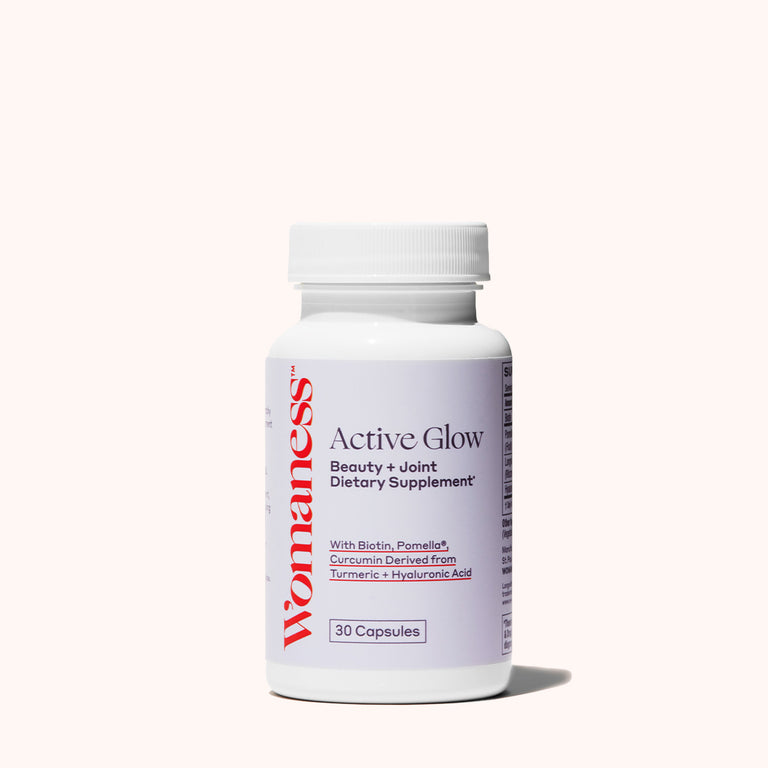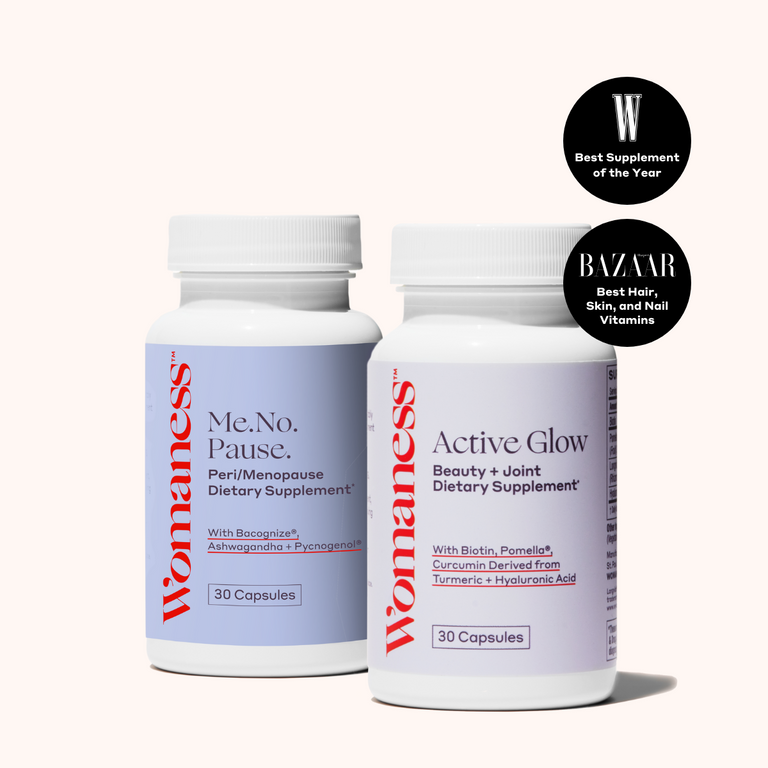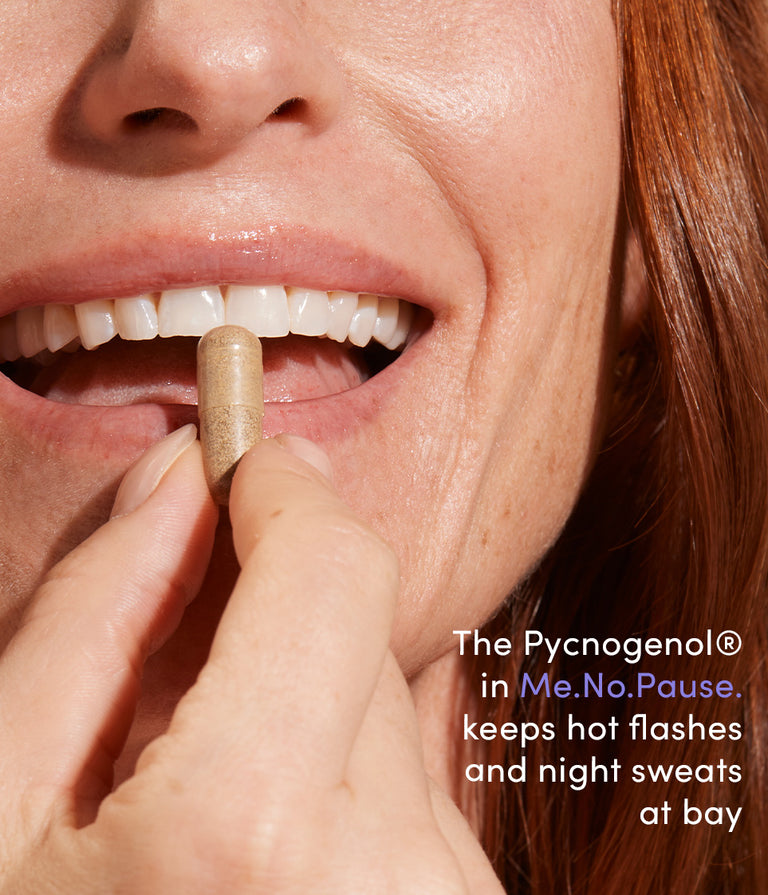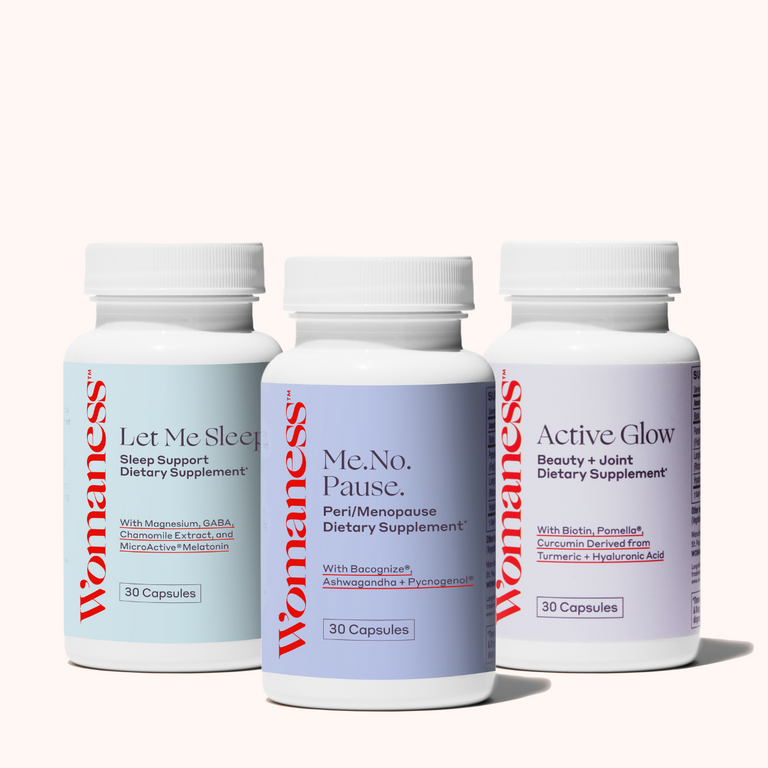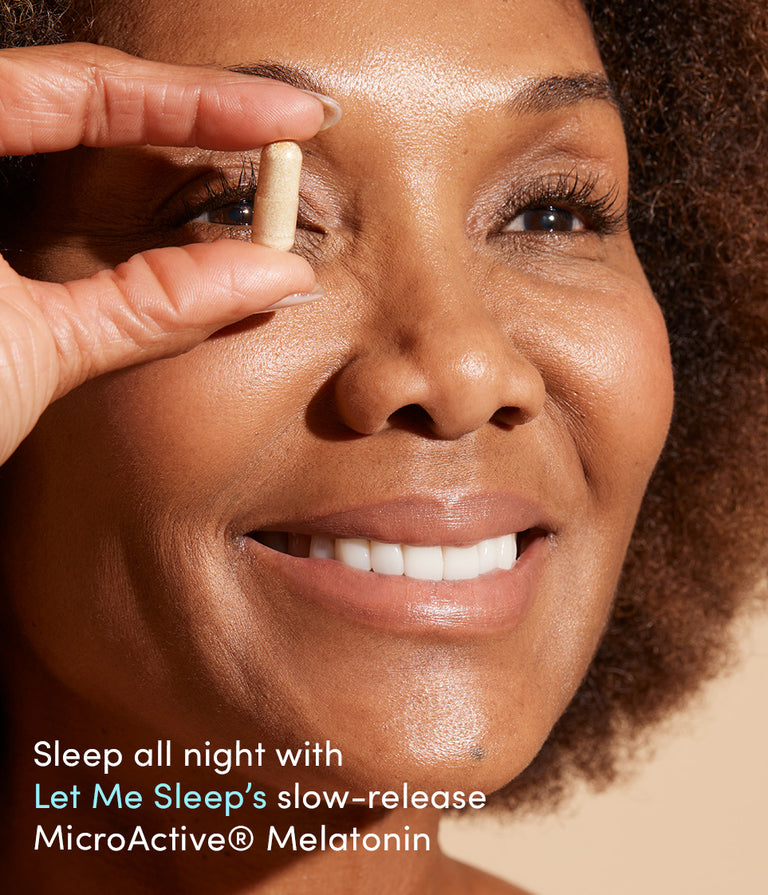By Dr. Anita Sadaty 1-Minute Read

Welcome to ASK AN EXPERT, a series where we pose your real questions to our menopause experts for the answers you need. Have a question? Post it on The After Party, our private Facebook Group.
Your Question:
“What can I do to protect my hair as I age? How can I prevent loss?”
The Answer:
From Womaness Medical Advisor Dr. Anita Sadaty, a board-certified OB/GYN who combines conventional medical training with a functional medicine approach from her trailblazing practice Redefining Health Medical in Roslyn, NY:
“As women age, I often get this question. It's a little difficult. But doing all the things to reduce inflammation, reduce stress, reduce hormone imbalance, and reduce nutrient deficiencies top the list.
So what does that mean? It means getting eight hours of sleep a night. It means making sure you're getting nutrient-dense foods, lots of fruits and vegetables, and maybe taking an extra multivitamin.
In terms of inflammation, look for reasons your body may be telling you that you're inflamed. Do you have joint aches and pains? Do you have intestinal inflammation? Are you bloaty? Are you gassy? Do you get headaches?
These are signs of inflammation. So using something like Active Glow, which helps to reduce inflammation in the body, is a great start.”
“Using something like Active Glow, which helps to reduce inflammation in the body, is a great start.”
Get More Answers
Ask a Sleep Expert: "Why can't I fall asleep or stay asleep?"
What's Happening Here? Joint Pain in Midlife
Food to Eat (and Avoid) to Improve Menopause Symptoms

